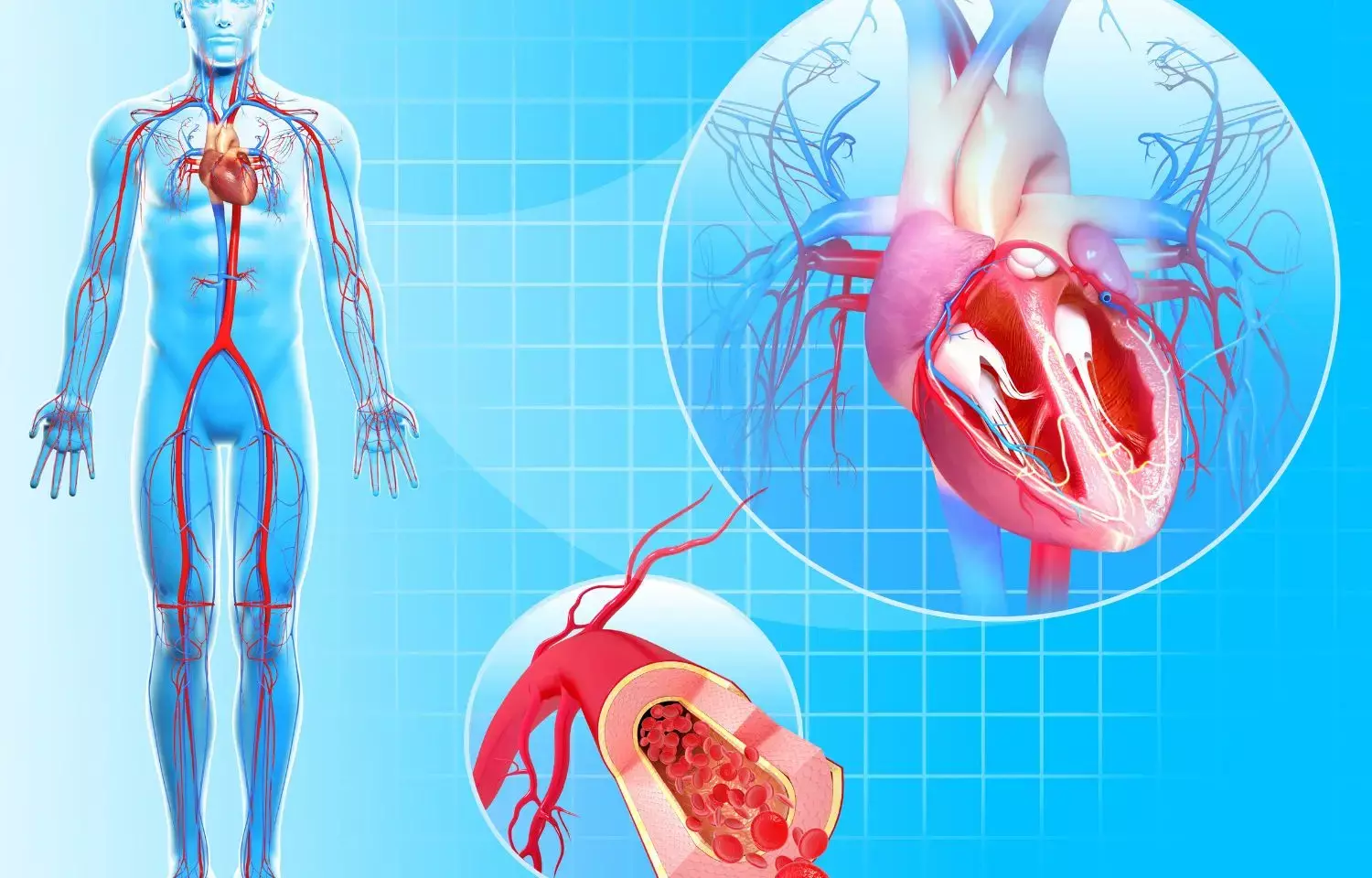- Home
- Medical news & Guidelines
- Anesthesiology
- Cardiology and CTVS
- Critical Care
- Dentistry
- Dermatology
- Diabetes and Endocrinology
- ENT
- Gastroenterology
- Medicine
- Nephrology
- Neurology
- Obstretics-Gynaecology
- Oncology
- Ophthalmology
- Orthopaedics
- Pediatrics-Neonatology
- Psychiatry
- Pulmonology
- Radiology
- Surgery
- Urology
- Laboratory Medicine
- Diet
- Nursing
- Paramedical
- Physiotherapy
- Health news
- Fact Check
- Bone Health Fact Check
- Brain Health Fact Check
- Cancer Related Fact Check
- Child Care Fact Check
- Dental and oral health fact check
- Diabetes and metabolic health fact check
- Diet and Nutrition Fact Check
- Eye and ENT Care Fact Check
- Fitness fact check
- Gut health fact check
- Heart health fact check
- Kidney health fact check
- Medical education fact check
- Men's health fact check
- Respiratory fact check
- Skin and hair care fact check
- Vaccine and Immunization fact check
- Women's health fact check
- AYUSH
- State News
- Andaman and Nicobar Islands
- Andhra Pradesh
- Arunachal Pradesh
- Assam
- Bihar
- Chandigarh
- Chattisgarh
- Dadra and Nagar Haveli
- Daman and Diu
- Delhi
- Goa
- Gujarat
- Haryana
- Himachal Pradesh
- Jammu & Kashmir
- Jharkhand
- Karnataka
- Kerala
- Ladakh
- Lakshadweep
- Madhya Pradesh
- Maharashtra
- Manipur
- Meghalaya
- Mizoram
- Nagaland
- Odisha
- Puducherry
- Punjab
- Rajasthan
- Sikkim
- Tamil Nadu
- Telangana
- Tripura
- Uttar Pradesh
- Uttrakhand
- West Bengal
- Medical Education
- Industry
Long-term use of evolocumab tied to sustained reduction of LDL C and CV events: FOURIER-OLE trial

Evolocumab is a proprotein convertase subtilisin kexin type 9 (PCSK9) inhibitor used to lower CVD risk by controlling LDL cholesterol.
According to data from the FOURIER open-label extension (OLE) studies, treatment with evolocumab over long term was found to be safe and well tolerated and led to sustained low-density lipoprotein cholesterol (LDL-C) lowering in adults with atherosclerotic cardiovascular disease (ASCVD) for up to 8.4 years.
Further evolocumab led to further reductions in the risk of cardiovascular events compared to shorter treatment.
Findings from the FOURIER open-label extension (OLE) were presented at a Hot Line session at ESC Congress 2022 by the study's principal investigator Michelle O'Donoghue, MD, MPH, a senior investigator of the TIMI Study Group in the Division of Cardiovascular Medicine.
More than 6,000 participants from the parent trial were enrolled in FOURIER-OLE. During the extension period of the trial, patients received open-label subcutaneous injections of the PCSK9 inhibitor evolocumab regardless of whether they were originally randomized to receive the drug or the placebo. Participants were followed for a median of five years and, therefore, some patients were treated with evolocumab for more than eight years over the course of the parent and extension phase.
Those originally randomized to receive evolocumab had a 15 percent lower risk of cardiovascular death, myocardial infarction (MI), stroke, hospitalization for unstable angina or coronary revascularization; a 20 percent lower risk of cardiovascular death, MI or stroke; and a 23 percent lower risk of cardiovascular death during OLE compared to those who were originally randomized to receive the placebo.
"To date, most clinical trials of PCSK9 inhibitors like evolocumab have only looked at its impact over two to three years, but most patients will be on a lipid-lowering therapy for many years," said O'Donoghue.
"Our study has found that long-term use of evolocumab was safe and led to further reductions in cardiovascular events among those who were started on the drug earlier, providing further support for guidelines recommending lipid-lowering therapy with PCSK9 inhibitors."
Reference:
Michelle L. O'Donoghue, Robert P. Giugliano, Stephen D. Wiviott, Dan Atar, Anthony C Keech, Julia F. Kuder, KyungAh Im, Sabina A. Murphy, Jose H. Flores-Arredondo, Originally published 29 Aug 2022 https://doi.org/10.1161/CIRCULATIONAHA.122.061620 Circulation. 2022;0
Dr Kamal Kant Kohli-MBBS, DTCD- a chest specialist with more than 30 years of practice and a flair for writing clinical articles, Dr Kamal Kant Kohli joined Medical Dialogues as a Chief Editor of Medical News. Besides writing articles, as an editor, he proofreads and verifies all the medical content published on Medical Dialogues including those coming from journals, studies,medical conferences,guidelines etc. Email: drkohli@medicaldialogues.in. Contact no. 011-43720751


